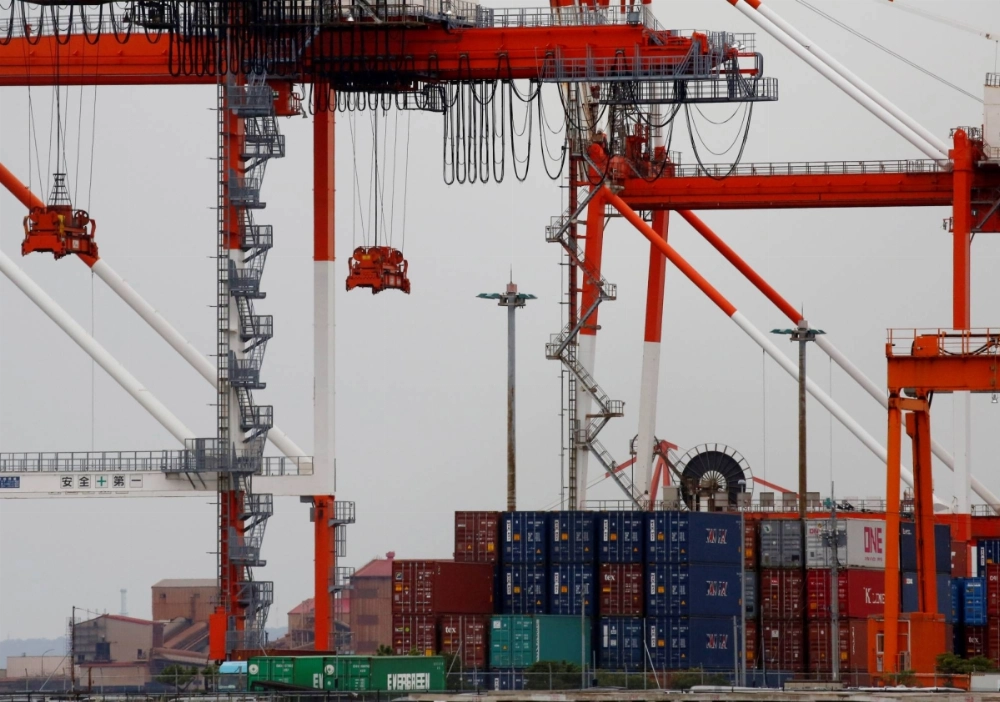Japan might take a leadership role in global free trade if the United States piles on tariffs and rejects multilateral institutions, some analysts and business leaders argue. It could find opportunity in the turmoil while avoiding direct confrontation with its ally.
“I think Japan will likely aim to show its presence as a champion of free trade,” said Tomohisa Ishikawa, chief economist at the Japan Research Institute.
U.S. President Donald Trump has made tariffs a key policy tool of his administration. He is threatening China, Mexico and Canada with higher rates within days and has contemplated higher levies globally, with countries having a high trade surplus being singled out.
















With your current subscription plan you can comment on stories. However, before writing your first comment, please create a display name in the Profile section of your subscriber account page.